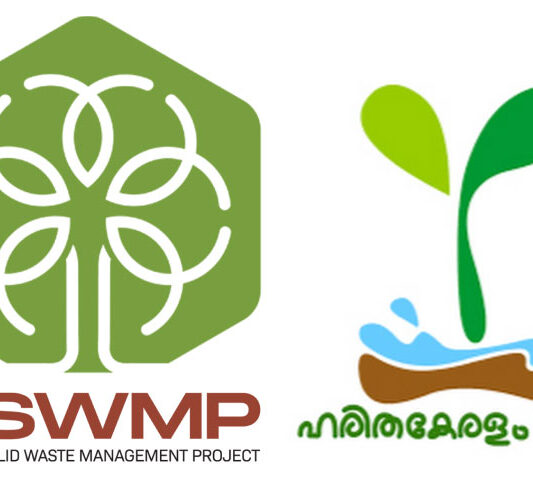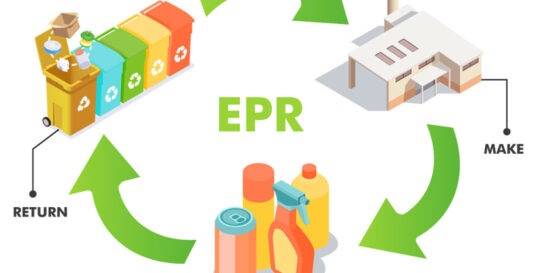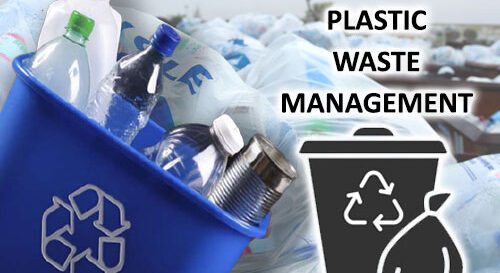Plastic waste has emerged as one of the most pressing environmental challenges of our time, with far-reaching consequences for ecosystems, wildlife, and human health. As the production and consumption of plastic materials continue to rise worldwide, the management of plastic waste has become an urgent priority for governments, industries, and individuals alike.
The Scale of the Issue:
The scale of plastic waste is staggering, with millions of metric tons entering the environment every year. From plastic bags and bottles to packaging and microplastics, the proliferation of plastic waste has reached every corner of the planet, including remote wilderness areas and the depths of our oceans.
Environmental Impact:
Plastic waste poses a significant threat to ecosystems and biodiversity. Marine life often mistakes plastic debris for food, leading to ingestion and entanglement, which can have fatal consequences. Moreover, plastic pollution disrupts marine ecosystems, altering habitats and threatening species survival. On land, plastic waste clogs waterways, pollutes soil, and harms terrestrial wildlife.
Human Health Concerns:
The impact of plastic waste on human health is a growing concern. Plastic particles can leach harmful chemicals into the environment, contaminating water sources and food chains. Additionally, microplastics have been found in various consumables, raising questions about their potential health effects on humans.
Economic Costs:
The economic costs of plastic waste are substantial, encompassing cleanup efforts, loss of tourism revenue due to polluted beaches, and damage to fishing and aquaculture industries. Furthermore, the long-term environmental and health consequences of plastic pollution entail significant economic burdens for societies.
Call to Action:
Addressing the plastic waste crisis requires a concerted effort from governments, businesses, communities, and individuals. Key strategies include:
1. Reduction: Implementing measures to reduce the production and consumption of single-use plastics through policies, regulations, and consumer awareness campaigns.
2. Recycling and Waste Management: Investing in infrastructure and technologies to improve recycling rates and waste management systems, including the development of innovative recycling methods for challenging plastic materials.
3. Innovation: Encouraging research and innovation in alternative materials, biodegradable plastics, and sustainable packaging solutions to minimize plastic waste generation.
4. Education and Awareness: Increasing public awareness about the environmental impacts of plastic waste and promoting responsible consumption and disposal practices.
Conclusion:
Plastic waste is a complex and multifaceted problem that demands immediate action at local, national, and global levels. By adopting a comprehensive approach that integrates reduction, recycling, innovation, and education, we can work towards a future where plastic waste no longer threatens the health of our planet and its inhabitants.






